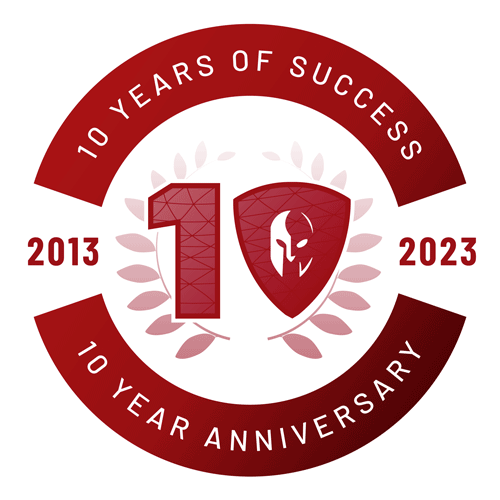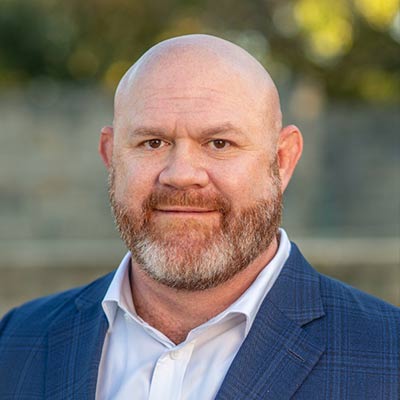Introduction
In the ever-evolving landscape of cybersecurity, where threats become increasingly sophisticated, the concept of security consolidation has emerged as a crucial strategy. At its core, security consolidation involves streamlining and integrating various security tools and processes into a cohesive system. This approach enhances the effectiveness of cybersecurity measures and optimizes resource utilization, ensuring that organizations are well-equipped to defend against a wide array of cyber threats.
Understanding Security Consolidation
Security consolidation is the process of integrating disparate security technologies and practices into a unified framework. This involves combining security solutions like firewalls, intrusion detection systems, antivirus software, and other security tools to work seamlessly together. This integration allows for a more comprehensive view of security threats, making it easier to detect, analyze, and respond to potential cyber attacks.
Why Security Consolidation is Essential
Enhanced Threat Detection and Response: A consolidated security approach enables organizations to detect and respond to threats more effectively. Integrated systems provide a holistic view of security events, facilitating faster identification of anomalies and coordinated response strategies.
Cost-Effectiveness: Consolidating security tools and processes can reduce the cost associated with purchasing, maintaining, and managing multiple security solutions. This streamlined approach leads to better resource allocation and cost savings.
Simplified Management and Operations: Managing a multitude of security tools can be overwhelming. Consolidation simplifies the security infrastructure, making it easier for security teams to manage and operate, leading to increased efficiency and effectiveness in managing cybersecurity risks.
Improved Compliance and Reporting: A unified security system simplifies compliance with regulatory requirements and facilitates data gathering and reporting, ensuring that organizations meet industry standards and regulations.
Reduced Complexity: Cybersecurity environments are inherently complex. Consolidation helps reduce this complexity by eliminating redundant systems and streamlining processes, improving security posture, and reducing the chances of errors.
Implementing Security Consolidation Requires a Strategic Approach
In-Depth Assessment of Existing Security Infrastructure:
- Inventory Analysis: Catalog all existing cybersecurity tools and processes.
- Overlap and Gap Identification: Analyze for redundancies and inefficiencies, as well as areas lacking sufficient security measures.
- Risk Assessment: Evaluate the current risk posture based on the existing setup.
- Integration Potential Evaluation: Determine which tools and processes can be combined for greater efficiency and effectiveness.
Strategic Planning for Consolidation:
- Goal Setting: Define clear, measurable objectives for the consolidation process.
- Technology Integration Plan: Develop a blueprint for how different technologies will be integrated.
- Process Alignment: Outline how various cybersecurity processes will be streamlined and aligned.
- Team Involvement and Roles: Establish roles and responsibilities for your team during and after the consolidation.
Selecting Appropriate Tools and Partners:
- Compatibility Analysis: Ensure the chosen tools are compatible and can be integrated seamlessly.
- Vendor Evaluation: Assess vendors based on their understanding of consolidation needs and the comprehensiveness of their solutions.
- Future-Proofing Considerations: Consider how the tools and partnerships will adapt to future cybersecurity challenges and technological advancements.
Training and Awareness Programs:
- Comprehensive Training Sessions: Conduct detailed training for the security team and all relevant stakeholders on the new consolidated framework.
- Regular Updates and Refresher Courses: Plan for ongoing training sessions to keep up with updates and changes in the system.
- Creating Awareness Materials: Develop materials that help in understanding the new tools, processes, and response strategies.
Continuous Monitoring and Iterative Improvement:
- Implementation of Monitoring Tools: Utilize advanced tools to continually assess the performance of the consolidated system.
- Feedback Mechanisms: Establish channels for receiving feedback from users and stakeholders.
- Regular Review Meetings: Schedule periodic meetings to review the system’s effectiveness and identify areas for improvement.
- Adaptation to Emerging Threats and Technologies: Stay vigilant and ready to integrate new technologies or adapt strategies in response to evolving cybersecurity threats.
By meticulously following these steps, organizations can effectively implement security consolidation, resulting in a more cohesive, efficient, and robust cybersecurity posture.
Enhancing Cybersecurity with Security Consolidation through Insider Direct
In conclusion, the strategy of security consolidation in cybersecurity is crucial for effectively dealing with today’s advanced cyber threats. By combining various security tools and practices into a unified system, organizations can significantly improve their ability to detect and respond to threats, manage their resources more efficiently, and simplify their overall cybersecurity operations.
- Expert Guidance: Insider Direct provides access to experienced cybersecurity professionals. These experts can help organizations navigate the complexities of merging different security tools and practices, ensuring that the consolidation process is smooth and effective.
- Cost-Effective Solutions: With Insider Direct, organizations can acquire essential cybersecurity tools without the usual markup. This approach aligns with the goal of making security consolidation not only effective but also cost-efficient.
- Training and Support: Insider Direct can offer comprehensive training and ongoing support. This is crucial in ensuring that the security team and other stakeholders are up-to-date with the consolidated system and can manage it effectively.
- Adaptability to Change: Cybersecurity threats are constantly evolving. Insider Direct’s approach ensures that the security measures of an organization can adapt to new challenges, keeping the consolidated system relevant and robust over time.
By incorporating Insider Direct into their security consolidation strategy, organizations can leverage expert advice, cost-effective solutions, and continuous support. This enhances their cybersecurity posture, making it more cohesive, adaptable, and efficient in the face of ever-changing cyber threats.
Get in touch with us
Secutor Cybersecurity is a trusted partner comprised of industry leading experts in the fields of Cybersecurity and Governance, Risk and Compliance. We partner with our clients to deliver on-demand solutions tailored to expertly navigate the regulatory demands of their specific industries.
Our proven track record of successfully exceeding client expectations is achieved through the combination of our methodical approach, advanced technologies, subject matter experts, and synergy with client team members.
Secutor is your team of world-class problem solvers with vast expertise and experience delivering complete solutions keeping your organization protected, audit-ready, and running smoothly.







